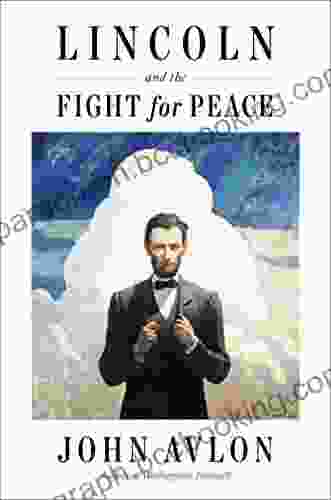Lincoln and the Fight for Peace: A Quest for Harmony in a Divided Nation

In the annals of American history, Abraham Lincoln is renowned as the "Great Emancipator" and the savior of the Union during the tumultuous Civil War. However, lesser known is his unwavering commitment to peace, a pursuit he tirelessly pursued amidst the nation's greatest conflict. This article delves into Lincoln's strategies, diplomatic efforts, and the complex legacy surrounding his role as a peacemaker.
4.8 out of 5
| Language | : | English |
| File size | : | 76049 KB |
| Text-to-Speech | : | Enabled |
| Screen Reader | : | Supported |
| Enhanced typesetting | : | Enabled |
| Word Wise | : | Enabled |
| Print length | : | 356 pages |
Lincoln's Peace Strategy
Lincoln's approach to peace was multifaceted. He believed that ending the war and restoring the Union could only be achieved through a combination of military victories, political compromise, and diplomatic negotiations.
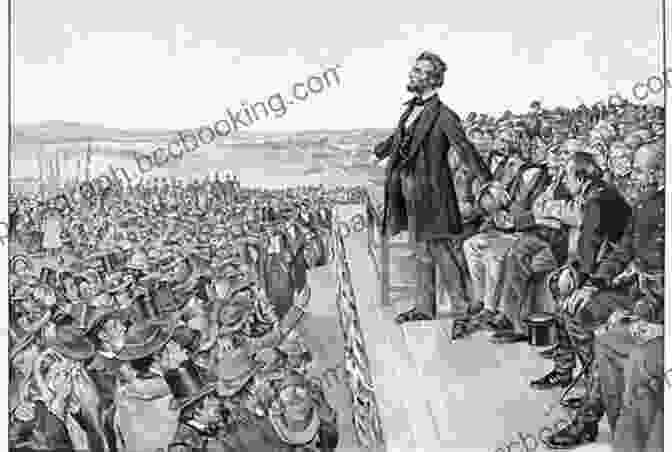
Military Victories
Lincoln recognized the necessity of military force to suppress the Confederacy's secessionist ambitions. Yet, he always sought to minimize bloodshed and avoid civilian casualties. His military strategy aimed to capture key Confederate strongholds, control strategic waterways, and cut off supply lines.
Political Compromise
Lincoln sought to find common ground with Southern moderates and pro-Unionists. He proposed constitutional amendments, such as the Crittenden-Johnson Resolution, which attempted to appease Southern concerns about slavery and states' rights. While these measures ultimately failed, they demonstrated Lincoln's willingness to negotiate for peace.
Diplomatic Negotiations
Lincoln engaged in diplomatic efforts to gain international recognition for the Union and prevent foreign intervention. He dispatched envoys to Europe to lobby for support and warn of the consequences of recognizing the Confederacy. His diplomacy proved effective in keeping major European powers from siding with the South.
The Complexity of Lincoln's Legacy
Lincoln's legacy as a peacemaker is nuanced and subject to ongoing debate. Some historians argue that his pursuit of peace was merely a tactical maneuver to weaken the Confederacy and consolidate Northern support for the war.
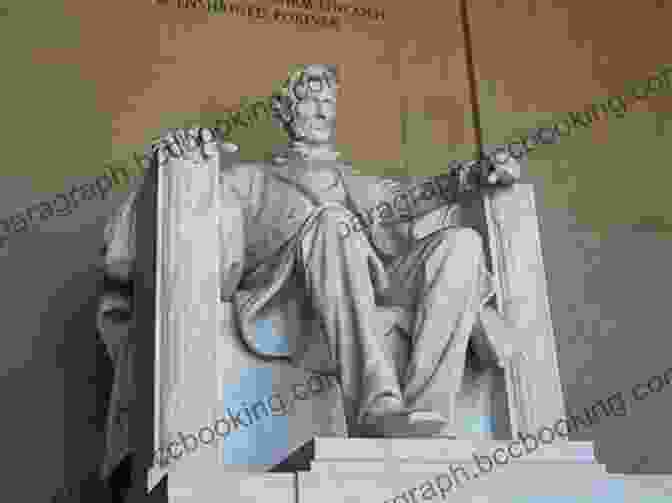
Others contend that Lincoln was genuinely committed to finding a peaceful resolution to the conflict. They point to his numerous peace initiatives, his willingness to negotiate, and his famous "malice toward none" speech in his Second Inaugural Address.
The truth likely lies somewhere in between. Lincoln was a pragmatist who recognized the necessity of war to preserve the Union. However, he also believed that peace was the ultimate goal and that reconciliation was essential for the nation's future.
The Pursuit of Peace in a Divided Nation
Lincoln's efforts to achieve peace faced immense challenges. The Confederacy was determined to maintain its independence, and many Northerners demanded harsh punishment for the South. The war intensified, taking a heavy toll in human life and resources.
Despite these obstacles, Lincoln's unwavering determination for peace never waned. He continued to explore diplomatic avenues, propose peace conferences, and seek out opportunities for reconciliation.
His pursuit of peace extended beyond the Civil War. In the midst of the conflict, he planned for the nation's reconstruction and sought to heal the wounds of division. Lincoln believed that a lasting peace could only be built on the foundation of justice, equality, and forgiveness.
Abraham Lincoln's legacy as a peacemaker is a testament to his unwavering belief in the possibility of reconciliation, even in the midst of bitter conflict. His strategies, diplomatic efforts, and steadfast commitment to peace offer valuable lessons for leaders and citizens alike.
As we navigate the challenges of our own time, may we draw inspiration from Lincoln's example. By embracing dialogue, compromise, and the pursuit of justice, we can strive to build a more peaceful and harmonious world.
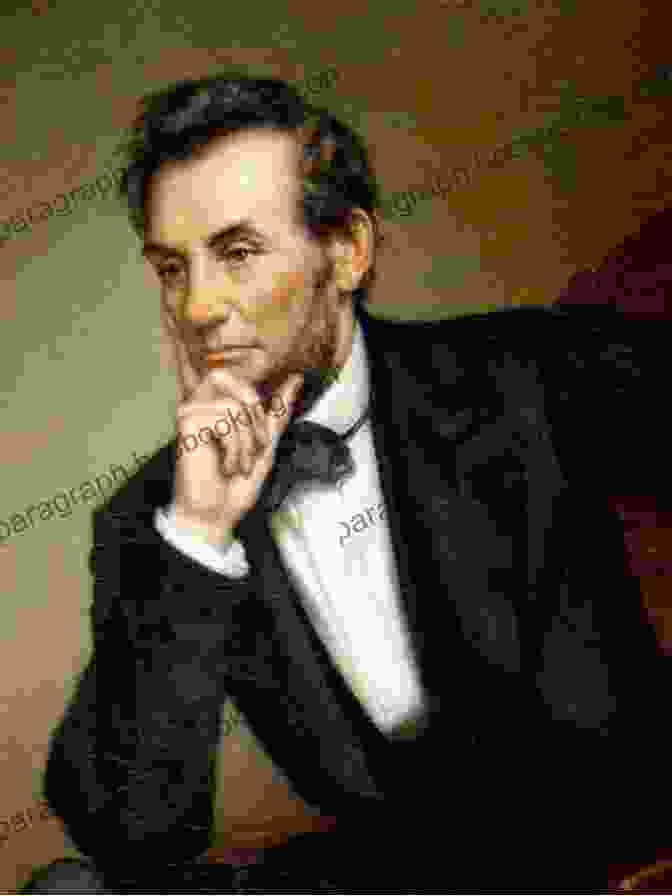
4.8 out of 5
| Language | : | English |
| File size | : | 76049 KB |
| Text-to-Speech | : | Enabled |
| Screen Reader | : | Supported |
| Enhanced typesetting | : | Enabled |
| Word Wise | : | Enabled |
| Print length | : | 356 pages |
Do you want to contribute by writing guest posts on this blog?
Please contact us and send us a resume of previous articles that you have written.
 Book
Book Novel
Novel Page
Page Chapter
Chapter Text
Text Story
Story Genre
Genre Reader
Reader Library
Library Paperback
Paperback E-book
E-book Magazine
Magazine Newspaper
Newspaper Paragraph
Paragraph Sentence
Sentence Bookmark
Bookmark Shelf
Shelf Glossary
Glossary Bibliography
Bibliography Foreword
Foreword Preface
Preface Synopsis
Synopsis Annotation
Annotation Footnote
Footnote Manuscript
Manuscript Scroll
Scroll Codex
Codex Tome
Tome Bestseller
Bestseller Classics
Classics Library card
Library card Narrative
Narrative Biography
Biography Autobiography
Autobiography Memoir
Memoir Reference
Reference Encyclopedia
Encyclopedia Jp Lepeley
Jp Lepeley John Rhea
John Rhea Roger Tory Peterson
Roger Tory Peterson Kevin Mclean
Kevin Mclean John Walker
John Walker Vianka Van Bokkem
Vianka Van Bokkem Joshua Baker
Joshua Baker Sam Bing
Sam Bing Jorge Ramos Mizael
Jorge Ramos Mizael Judea Pearl
Judea Pearl Patrick Barkham
Patrick Barkham Russell Maddicks
Russell Maddicks John Tharakan
John Tharakan Joseph Lanza
Joseph Lanza Jonathan Dimbleby
Jonathan Dimbleby Maria Kamoulakou Marangoudakis
Maria Kamoulakou Marangoudakis John Wyndham
John Wyndham John Rossman
John Rossman Margaret Gurevich
Margaret Gurevich John Sharp
John Sharp
Light bulbAdvertise smarter! Our strategic ad space ensures maximum exposure. Reserve your spot today!

 Jedidiah HayesThe Incredible Double Life Of Pham Xuan An: Time Magazine Reporter And CIA...
Jedidiah HayesThe Incredible Double Life Of Pham Xuan An: Time Magazine Reporter And CIA...
 Darren BlairEveryone Loves You When You're Dead: A Guide to Posthumous Fame and Legacy...
Darren BlairEveryone Loves You When You're Dead: A Guide to Posthumous Fame and Legacy...
 Jonathan FranzenHow to Raise Smart and Happy Children From Zero to Five: The Ultimate Guide...
Jonathan FranzenHow to Raise Smart and Happy Children From Zero to Five: The Ultimate Guide... Cruz SimmonsFollow ·12.9k
Cruz SimmonsFollow ·12.9k DeShawn PowellFollow ·5.5k
DeShawn PowellFollow ·5.5k Camden MitchellFollow ·15.8k
Camden MitchellFollow ·15.8k Liam WardFollow ·12.3k
Liam WardFollow ·12.3k Edgar Allan PoeFollow ·15.6k
Edgar Allan PoeFollow ·15.6k Samuel BeckettFollow ·3.9k
Samuel BeckettFollow ·3.9k Sean TurnerFollow ·3.9k
Sean TurnerFollow ·3.9k Jeffrey CoxFollow ·18.2k
Jeffrey CoxFollow ·18.2k
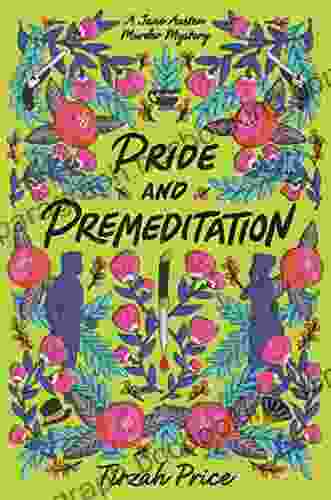
 Joseph Foster
Joseph FosterUnravel the Enigmatic Murders in "Pride and...
Dive into a World...

 Jeffery Bell
Jeffery BellTrauma-Focused CBT for Children and Adolescents: The...
Trauma is a...

 Jorge Luis Borges
Jorge Luis BorgesSense and Second Degree Murder: A Jane Austen Murder...
Prepare yourself for a...

 Chase Simmons
Chase SimmonsUnleash the Vibrant World of Watercolor: An Enchanting...
In the world of art, watercolor painting...

 Rubén Darío
Rubén DaríoAmerican Funny Animal Comics In The 20th Century: A...
Step into a bygone era of laughter and...
4.8 out of 5
| Language | : | English |
| File size | : | 76049 KB |
| Text-to-Speech | : | Enabled |
| Screen Reader | : | Supported |
| Enhanced typesetting | : | Enabled |
| Word Wise | : | Enabled |
| Print length | : | 356 pages |


